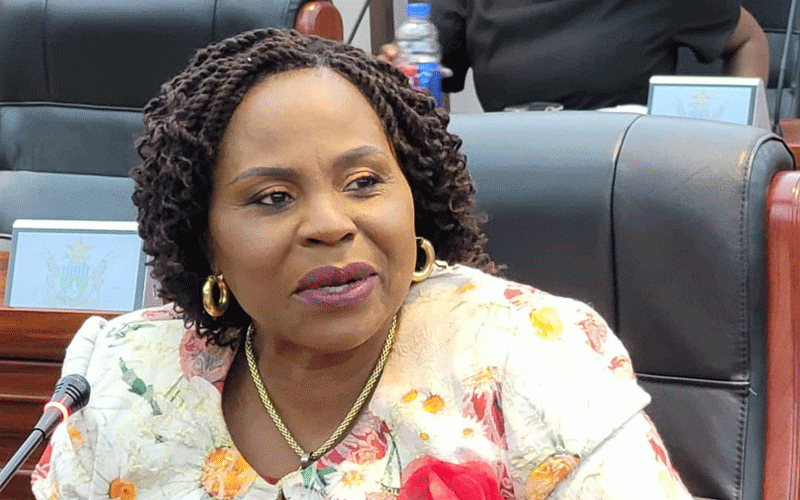
AFRICAN countries, Zimbabwe included, are remodelling financing policies in the fight against HIV to make them gender sensitive.
Women Affairs minister Monica Mutsvangwa said inequality in gender financing in the fight against HIV was the leading cause of poverty among women.
“Ladies and gentlemen, during the consultative [meeting] I managed to push for the issue of HIV/Aids and the accountability of non-State actors for financing for gender equality to be included in the Common Africa Position,” Mutsvangwa said during the African Union Session of the Commission on the Status of Women pre-consultative feedback meeting held in the capital.
According to statistics released by UNAids, three-quarters of Africans between the ages of 15 and 24 who are HIV-positive are women.
Experts say this highlights the growing concern of international agencies, African governments and Aids activists over the “gendered” impact of HIV in Africa.
“Contribute to reforming the financial architecture and financial processes to be gender sensitive and invest in women rights institutions and organisations through strengthening and opening spaces for women and girls living in poverty . . . and demanding accountability from State and non-governmental institutions operating within the jurisdiction of the respective States,” Mutsvangwa said.
She called for inclusion of women in HIV/Aids financing issues and other decision-making processes on health matters.
“To transform the status and condition of women, there must be a recognition of the need to transform policies and services of public institutions with a view to promote transparency and access to information, which is both timely and accessible, so that people, including women living in poverty, can act based on knowledge of their rights.”
- Poverty drives Epworth women into sex work
- Health experts fear COVID-19 cases spike
- Zim’s new cyber city: Urban utopia or surveillance menace?
- What’s there to ‘investigate’ in Al Jazeera lies?










